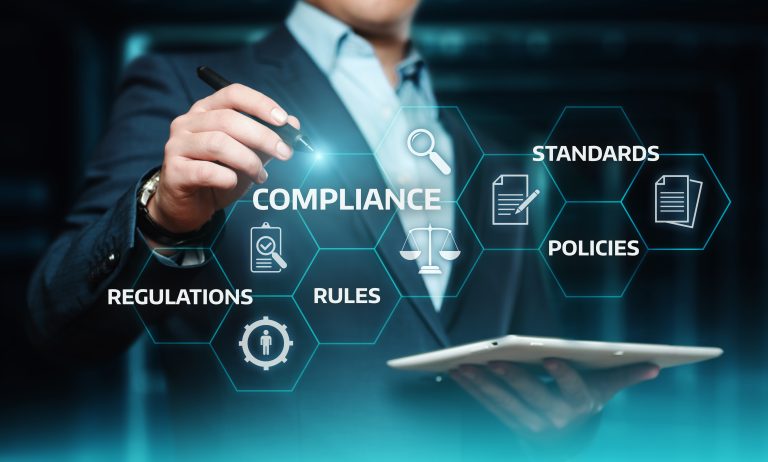
In today’s complex regulatory landscape, staying compliant is crucial for individuals and organizations alike. Whether you’re a business owner, a healthcare professional, or simply navigating the legal world, understanding compliance can empower you to operate ethically and avoid costly consequences.
What is Compliance?
Compliance course refers to adhering to a set of rules, regulations, or standards established by a governing body. These guidelines can encompass various aspects, including:
- Industry Standards: Specific regulations established by professional bodies or industry associations.
- Laws and Acts: Legislative frameworks governing specific areas like data privacy, anti-bribery, or financial markets.
- Company Policies: Internal rules and procedures outlining acceptable conduct within an organization.
Why is a Compliance Course Important?
Compliance courses offer several benefits for individuals and organizations:
- Enhanced Knowledge: Courses provide a comprehensive understanding of relevant regulations and their practical implications.
- Reduced Risk: By learning compliance best practices, individuals and organizations can minimize the risk of legal penalties, reputational damage, and operational disruptions.
- Ethical Conduct: Compliance fosters a culture of ethical behavior, promoting transparency and accountability within organizations.
- Career Advancement: In many industries, compliance expertise is becoming increasingly sought-after, opening doors to career advancement opportunities.
Who Can Benefit from a Compliance Course?
The benefits of compliance training extend to a wide range of individuals and professionals:
- Business Owners: Understanding compliance requirements helps businesses operate ethically and avoid financial and legal repercussions.
- Compliance Officers: Equipping themselves with in-depth knowledge allows compliance officers to effectively manage and implement compliance programs within organizations.
- Human Resources Professionals: Integrating compliance training into onboarding and ongoing professional development programs fosters a compliant workforce.
- Legal Professionals: Staying abreast of evolving regulations enables legal professionals to provide accurate and timely advice to their clients.
- Individuals: Regardless of profession, understanding basic compliance principles empowers individuals to navigate legal and regulatory matters more effectively.
What to Look for in a Compliance Course:
When choosing a compliance course, consider the following factors:
- Relevance: Ensure the course aligns with your specific needs and the relevant regulations for your industry or profession.
- Credibility: Opt for courses offered by reputable institutions or organizations known for their expertise in compliance.
- Delivery Format: Choose a format that suits your learning style, such as online learning, in-person workshops, or blended learning.
- Content and Structure: Look for a course with a well-structured curriculum covering key compliance principles, practical application, and case studies.
Conclusion:
Investing in a compliance course is a wise decision for individuals and organizations seeking to navigate the ever-changing regulatory landscape. By acquiring a strong foundation in compliance knowledge, you can operate with confidence, mitigate risk, and contribute to a more ethical and sustainable environment.






